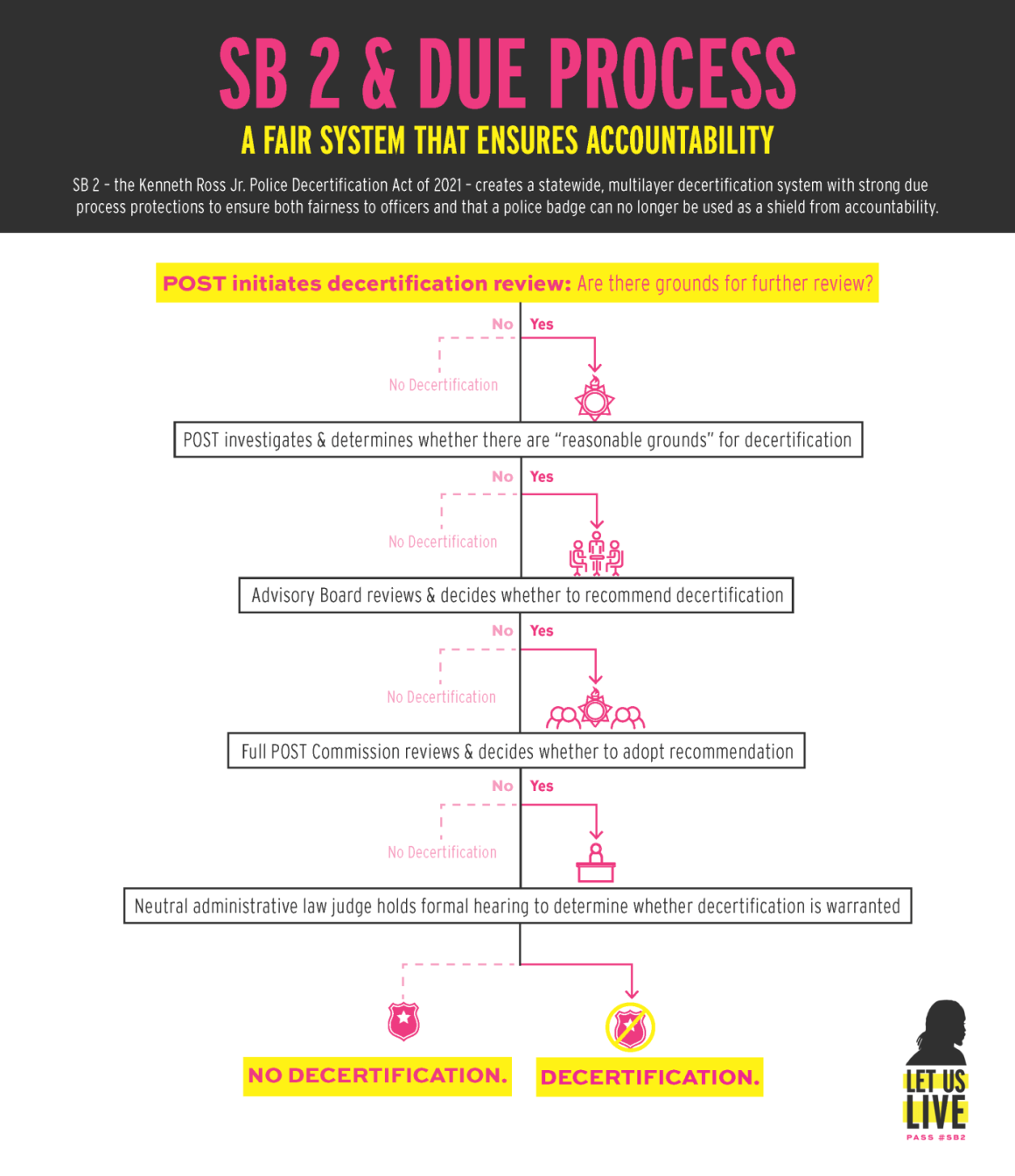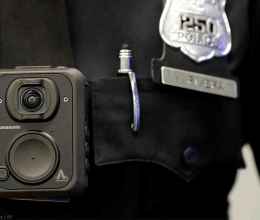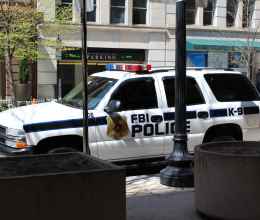A.Dishonesty relating to the reporting, investigation, or prosecution of a crime, or relating to the reporting or investigation of officer misconduct. This can include, but is not limited to: making false statements; intentionally filing false reports; tampering with, falsifying, destroying, or concealing evidence; perjury; tampering with data recorded by a body-worn camera or other recording device for purposes of concealing misconduct.
Abuse of power, including, but not limited to: intimidating witnesses; lnowingly obtaining a false confession; knowingly making a false arrest.
Physical abuse, including, but not limited to, the excessive or unreasonable use of force.
Sexual assault, including but not limited to, the commission or attempted initiation of a sexual act with a member of the public by means of force, threat, coercion, offer of leniency or other official favor, or under the color of authority.
Demonstrating bias on the basis of actual or perceived: race; national origin; religion; gender identity or expression; housing status; sexual orientation; mental or physical disability; or other protected status in violation of law or department policy or inconsistent with a police officer's obligation to carry out their duties in a fair and unbiased manner.
Acts that violate the law and are sufficiently egregious or repeated as to be inconsistent with a police officer's obligation to uphold the law or respect the rights of members of the public, as determined by the Commission.
Participation in a law enforcement gang. “Law enforcement gang” means a group of police officers within a law enforcement agency who may identify themselves by a name and may be associated with an identifying symbol, including, but not limited to, matching tattoos, and who engage in a pattern of on-duty behavior that intentionally violates the law or fundamental principles of professional policing.
Failure to cooperate with an investigation into potential police misconduct.
Failure to intercede when present and observing another officer using force that is clearly beyond that which is necessary.






